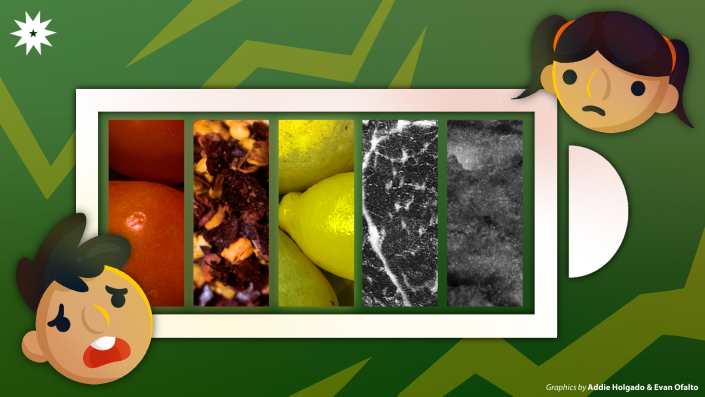
Veganism and vegetarianism are popular dietary choices that have been gaining popularity over the last decade. The rationale behind many of these choices ranges from activism—for animal and environmental rights—to health, religion, or culture.
Because of the increasing number of adults going vegan over the past decade, the plausibility of passing down this diet to their children is not far-fetched. While there is some evidence that teenagers and adults may benefit from a vegan diet, its effects on children have not been widely probed.
Whether or not children can adopt vegan diets is currently being explored by Assistant Professor Eleanor Sibug and Fidel Mar Sebastian of the Department of Nutrition and Dietetics at the University of Santo Tomas.
A full plate
When people go vegan, they stop using and consuming animal-based products such as meat, cow milk, and eggs. As such, vegan diets are mainly composed of vegetable products that provide similar nutritional value. However, while the most nutrients required by our bodies may be present in vegan food products, there are some that can only be found in significant amounts in animal products.
While a child can go vegan after their six-month breastfeeding period, Sibug encourages that “there [should be] a need for proper planning because if the vegan diet is not well planned, there is a great possibility that those important nutrients will not be given to the infant.” Furthermore, she suggests that vegan parents consult with a dietician or Barangay Nutrition Scholar when planning their child’s diet.
Sebastian emphasizes that because animal products such as meat are the best sources of protein, there should be a “need to understand the essential amino acids as the building blocks of [these proteins] that are present in the different [vegetation].” Aside from protein, nutrients such as Vitamin B12 and Creatine are essential for bodily functions like developing red blood cells and strengthening muscles, particularly meat.
Sebastian also adds that vegan food may lack other essential amino acids which can only be found in non-animal products. To compensate for this, the child has to essentially consume more food containing the missing nutrients to satisfy the body’s need for these. According to Sibug, this may not be optimal as the meal may not be fully consumed by the child due to its potential bulkiness.
Big choices
Now that it is established that vegan diets, to some degree, could work for infants beyond the six-month breastfeeding period, a question lingers: Is it worth it?
Going back to the idea of the need for proper planning, Sebastian brought up the idea of complementation in the context of vegan diets where vegan products lacking certain nutrients need to be complemented with other products; in this case, especially for infants and children, it would be important to consult experts and conduct inquiries on these complementary vegan products.
But a nutritionist-informed dietary plan and consultations with pediatricians are not the only factors a parent must take should they decide to feed their infants’ vegan diets. Children can be picky eaters, and this behavior can limit their nutrition.
Sibug notes that there is always the possibility that children would not like a vegan diet. The consequences of forcing on these diets, regardless, Sibug mentions, “would be another factor that would affect the nutrient intake of the children.”
This also challenges some of the studies and articles that explain how children with vegan diets generally have healthier cardiovascular profiles. “We don’t only consider the cardiovascular health but also the nutritional deficiencies that may happen,” says Sebastian regarding the advantages and disadvantages of vegan diets. Children on vegan diets can develop Vitamin B12, calcium, and iron deficiencies if not appropriately planned.
Sebastian also points out her concern about the discovery—or lack thereof—of certain allergies or food intolerances. Removing animal-based food sources from children’s diets may allow these allergies to remain unnoticed at a very early age. “We cannot discover those if we’re only [exposed] to a vegan diet,” he adds.
The tipping point
In the end, the vegan option is more viable among adults and young adults who, by then, would have a proper nutritional foundation. Still, it’s not like we can say that a vegan diet for infants and children is impossible; after all, meeting the standards mentioned above, such as a nutrition plan and a child’s preferences, could make a vegan diet viable. That being said, this should not be a reason to overlook a regular and varied diet.
